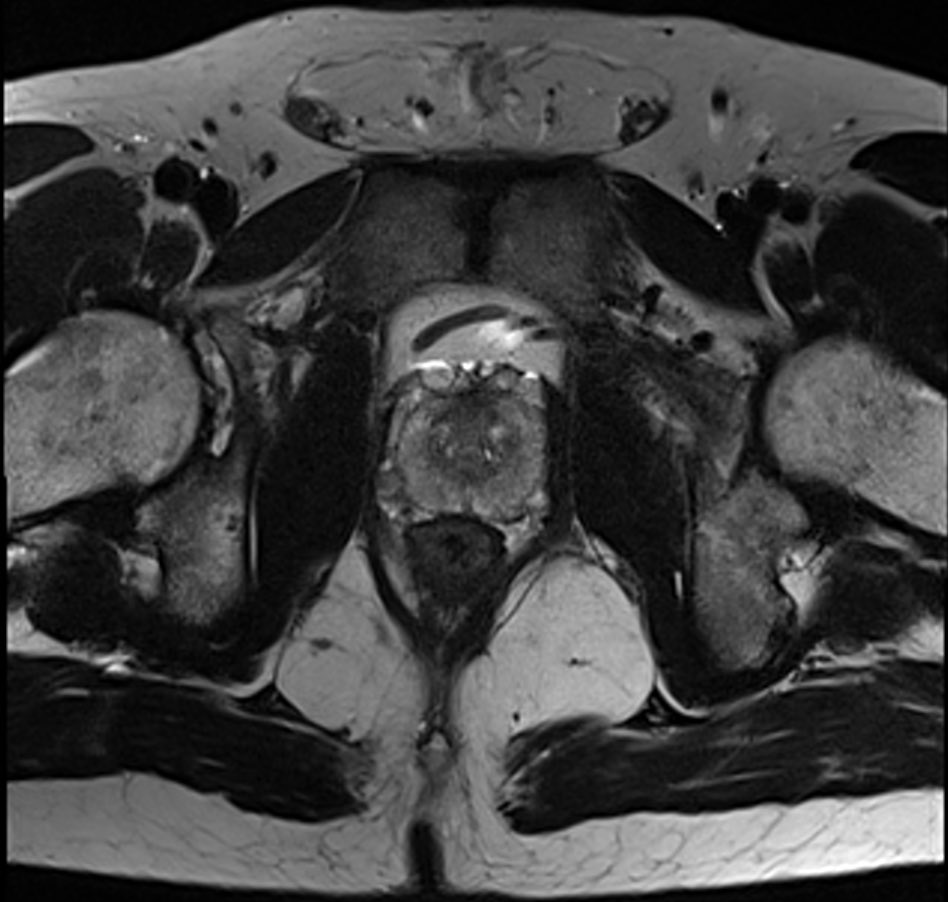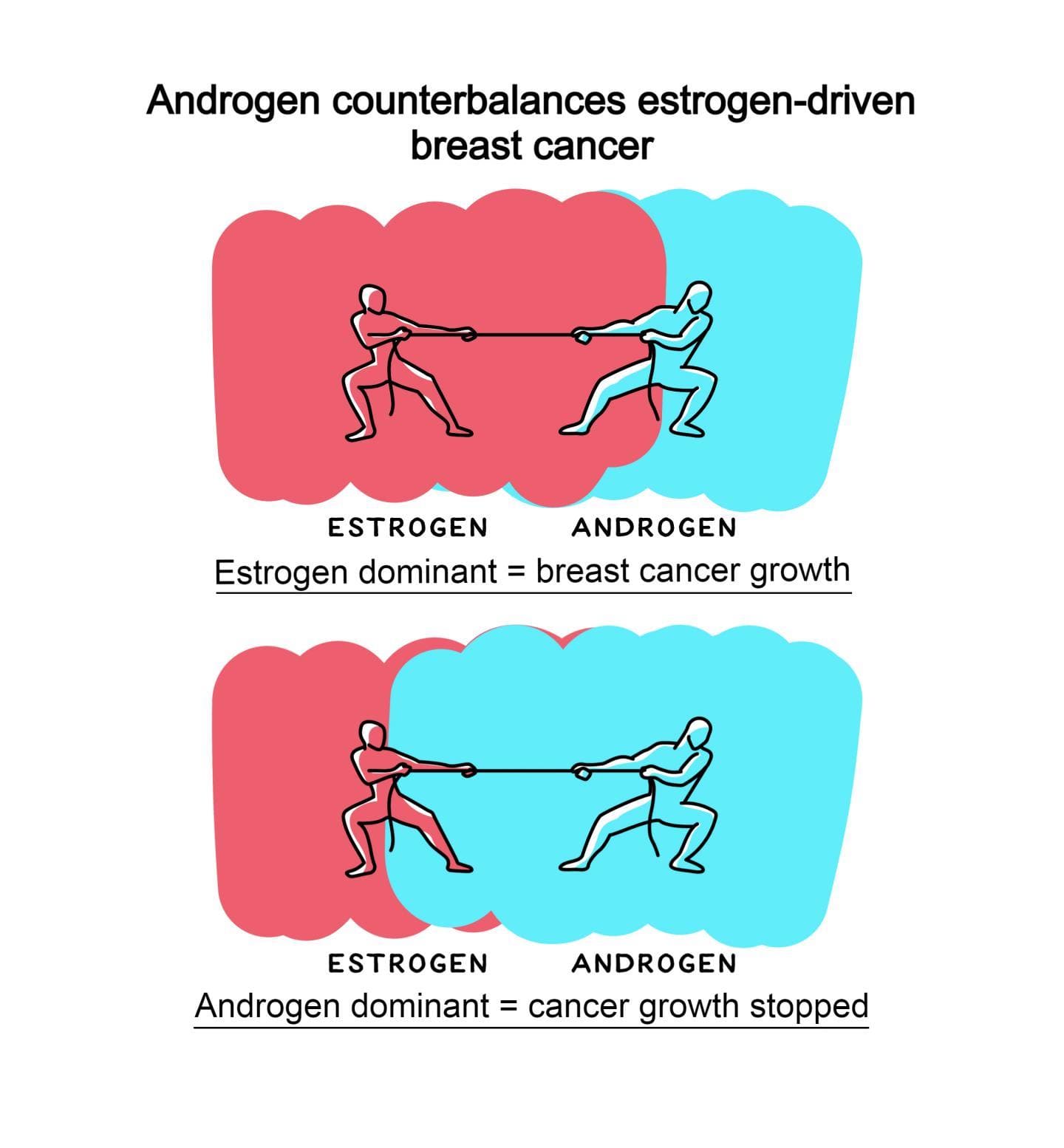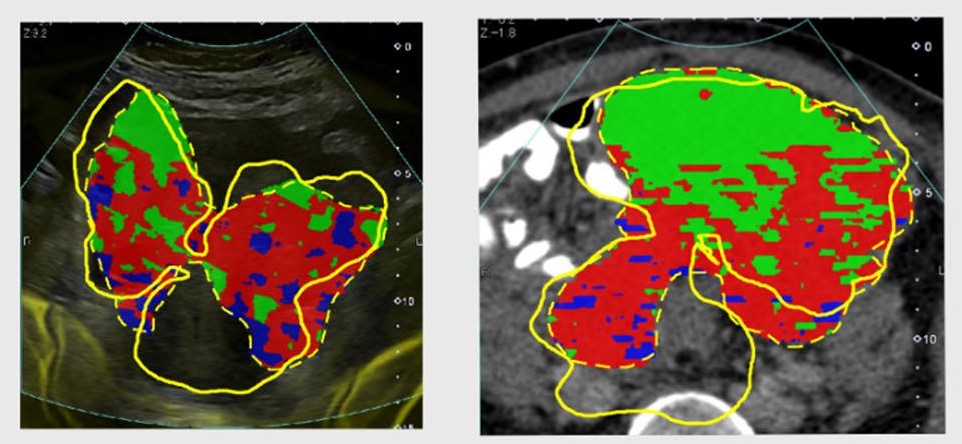News
European vision for universal access to oncology precision medicine biomarker tests
Current access to high quality oncology biomarker testing across Europe is inconsistent and contributes to health inequalities. To address barriers to biomarker testing, the ‘Unlocking the potential of precision medicine in Europe’ report (published February 23 2021) proposes 12 policy…
EC probe sets precedent for cancer drug price reduction
The European Commission (EC) has made commitments offered by Aspen Pharmacare Holding, to reduce prices for six critical cancer medicines by around two thirds, legally binding. In the acceptance agreement (10 February) Aspen will additionally retrospectively reimburse member states by…
Study brings mass biparametric MRI screening for prostate cancer a step closer
Using biparametric (bp) magnetic resonance imaging (MRI) to screen for prostate cancer identified twice as many clinically significant cancers as standard prostate-specific antigen (PSA) tests. Moreover, the UK study, reported in JAMA Oncology (11 February), found bpMRI improved detection of…
Oncology providers urged to offer healthy life style advice to breast cancer survivors
Breast cancer survivors commonly experience treatment-related factors, such as fatigue, depression and discomfort, presenting barriers to the adoption of healthy life styles. The US questionnaire study, published in the Journal of the Academy of Nutrition and Dietetics (1 February 2021),…
Studies provide clarity on breast cancer genes for genetic panels
Two large case control studies have defined eight genes considered useful to include on genetic panels for predicting risk of breast cancer. The two studies, one by The Breast Cancer Association Consortium (BCAC), led by Doug Easton in Cambridge, and…
EC publishes route map for tackling cancer
A plan from the European Commission provides a roadmap for Europe to tackle the entire cancer pathway from prevention to improving the quality of life for cancer survivors. The aim of the Europe’s Beating Cancer Plan (published 3 February), accompanied…
Therapy targeting androgen receptors opens new chapter for hormone driven breast cancers
Androgen receptor activation exerts potent antitumour activity in oestrogen receptor positive breast cancer. The international study, published in Nature Medicine (18th January), has important therapeutic implications for women with metastatic breast cancers that are oestrogen receptor positive, including those who…
Coffee may protect against prostate cancer
Drinking several cups of coffee every day may be linked to a lower risk of developing prostate cancer. The meta-analysis study, published in BMJ Open, (11 January) found that each additional daily cup of coffee was associated with a 1%…
Financial burden on older adults with advanced cancer worsens quality of life
Among older adults with advanced cancer, those judged to have financial issues experience worse quality of life, with the adverse effects including higher levels of depression, anxiety and distress. The study, reported in JAMA Network Open (published 7 December), highlights…
Integrated imaging opens the way for virtual biopsies
Combining computed tomography (CT) scans, spatial radiomic maps, and ultrasound (US) images creates a visual guide that helps doctors perform fewer and more accurate tumour biopsies. The feasibility study, published in European Radiology (14 December), demonstrates how imaging can be…










